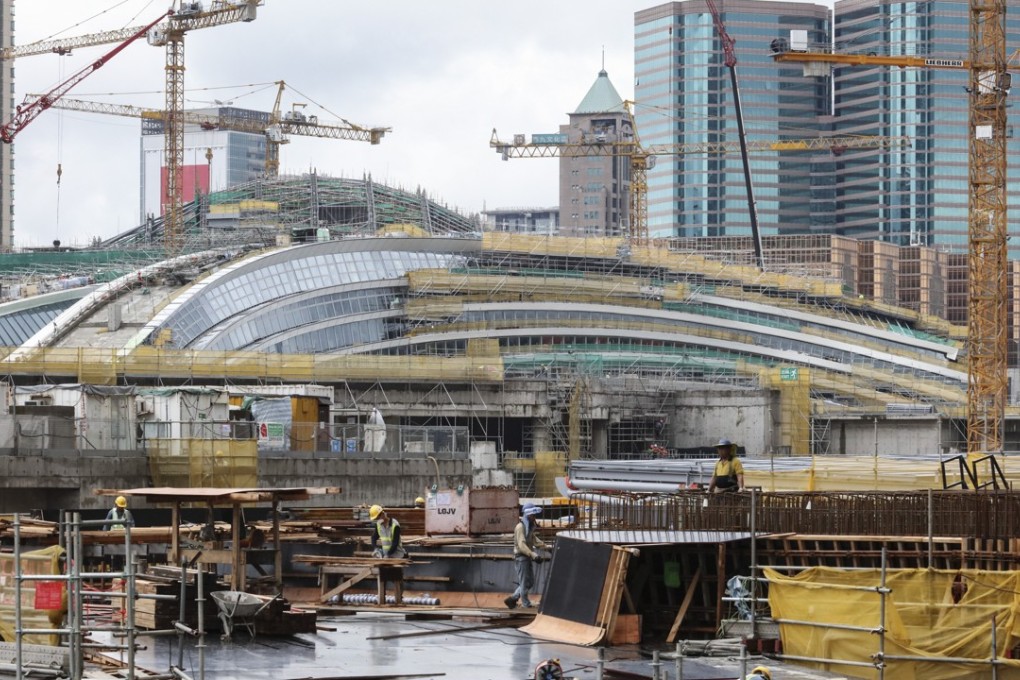Mainland China’s criminal law will also apply at Hong Kong’s rail link terminus
Jurisdiction will extend to trains and platforms as well as border clearance zone in leased area, sources say

A jurisdictionally contentious plan to set up joint immigration and customs facilities at the West Kowloon terminus of the high-speed rail link between Hong Kong and Guangzhou is heading into further controversy with officers from the mainland to fully enforce criminal law as well there.
The Executive Council is set to endorse a plan on Tuesday for mainland officers to exercise full criminal jurisdiction on trains and platforms as well as the border clearance zone which will fall under the area leased to them when the Guangzhou-Shenzhen-Hong Kong Express Rail Link opens for business next year, according to sources.
The so-called “co-location” arrangement has long been a sticking point and is now a hot potato for the new administration of Chief Executive Carrie Lam Cheng Yuet-ngor, with critics concerned that allowing mainland immigration officers to exercise jurisdiction on Hong Kong soil would contravene the city’s mini-constitution, the Basic Law.
Proponents of the arrangement question the point of building the HK$84.4 billion railway without housing such facilities under the same roof for practical purposes.
According to two sources who attended a special briefing on Monday, officers from the other side of the border would have the right to enforce mainland criminal law on top of customs and immigration rules on trains and platforms, while the railway tracks would be within the purview of Hong Kong.